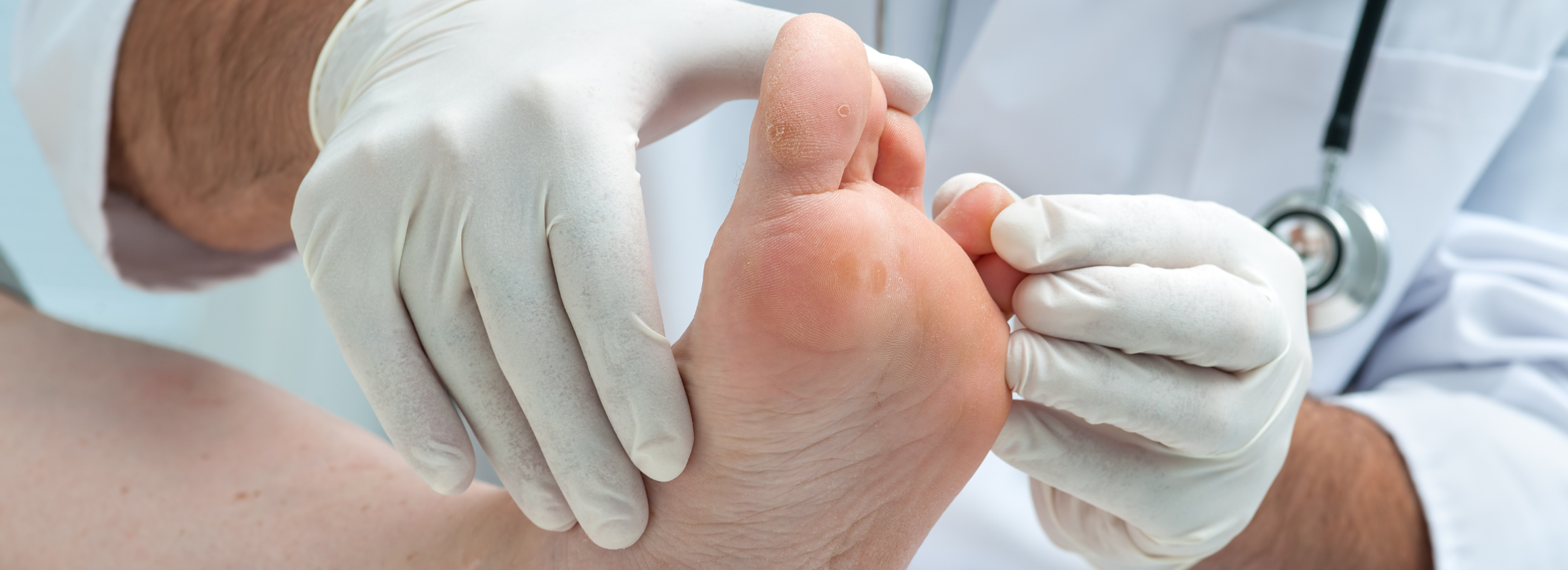Athlete’s foot, also known as tinea pedis, is a fungal infection that commonly affects the skin between the toes, though it can also spread to other areas of the foot. This condition is highly contagious and is often contracted in warm, damp environments such as locker rooms, public showers, and swimming pools. If you are experiencing itchy or flaky skin, or other symptoms discussed below, our team of medical professionals is ready to assist you and provide a prompt evaluation and treatment.
Common Symptoms of Athlete’s Foot:
- Itching and Burning Sensation: One of the earliest signs of athlete’s foot is itching and burning between the toes, particularly after removing socks and shoes.
- Redness and Scaling: Infected areas may appear red, inflamed, and scaly, with skin peeling or cracking. Blisters and ulcers may also develop, leading to discomfort and pain.
- Foul Odor: Athlete’s foot can cause a strong, unpleasant odor, especially when the infection becomes severe or if blisters rupture and leak fluid.
- Dry, Flaky Skin: As the infection progresses, the affected skin may become dry, flaky, and thickened, leading to further irritation and discomfort.
Is athlete’s foot contagious?
Athlete’s foot is contagious. It’s a fungus that grows on or in your skin. Fungi thrive in warm and temperatures and moist environments. People who often wear socks and tight shoes or sneakers are highly susceptible, as this is the perfect environment for the fungus that causes athlete’s foot to grow.
Treatment Options for Athlete’s Foot:
- Topical Antifungal Medications: Over-the-counter antifungal creams, lotions, or powders are often effective in treating mild cases of athlete’s foot. These medications work by killing the fungus responsible for the infection and relieving symptoms such as itching and burning.
- Proper Foot Hygiene: Keeping the feet clean and dry is essential for preventing and treating athlete’s foot. Wash your feet with soap and water daily, and dry them thoroughly, especially between the toes. Avoid wearing damp socks or shoes, and opt for breathable footwear made of natural materials.
- Antifungal Foot Powders and Sprays: In addition to topical medications, antifungal foot powders or sprays can help keep the feet dry and prevent the spread of infection. Apply these products to the feet and inside shoes regularly to reduce moisture and inhibit fungal growth.
- Avoiding Sharing Personal Items: Athlete’s foot is highly contagious and can spread through direct contact with infected skin or contaminated surfaces. To prevent transmission, avoid sharing towels, socks, shoes, or other personal items with individuals who have athlete’s foot.
- Seeking Medical Attention: If home remedies and over-the-counter treatments fail to improve symptoms or if the infection becomes severe, it’s important to seek medical attention from a healthcare professional. Our Urgent Care Center can help address your symptoms, and prescription-strength antifungal medications may be necessary to treat stubborn or recurrent cases of athlete’s foot.
How to Prevent Athlete’s Foot:
- Practice Good Foot Hygiene: Wash your feet daily with soap and water, and dry them thoroughly, especially between the toes.
- Wear Proper Footwear: Choose shoes made of breathable materials and avoid tight-fitting footwear that can trap moisture and promote fungal growth.
- Use Foot Protection: Wear flip-flops or sandals in public showers, locker rooms, and other communal areas to reduce the risk of exposure to fungi.
- Keep Feet Dry: Change socks and shoes regularly, especially after engaging in activities that cause sweating or moisture buildup.


